Featured Posts
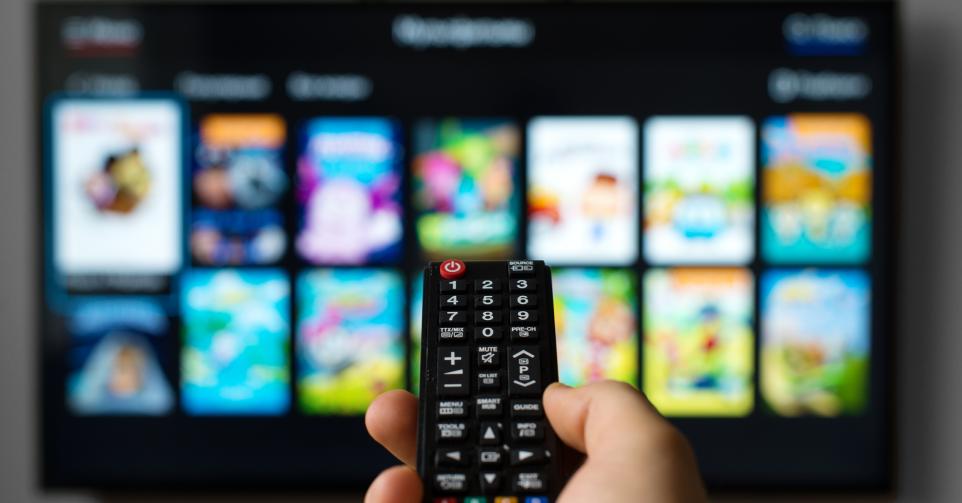 IPTV France Explained: Your Key to French TV on Any Device
IPTV France Explained: Your Key to French TV on Any Device Bridal Jewellery and Lab Diamonds: A Modern Love Story for the Conscious Bride
Bridal Jewellery and Lab Diamonds: A Modern Love Story for the Conscious BrideNovita NZ Lab Diamonds Story: Redefining Luxury with Lab Made Diamonds
 Social Media Marketing for E-Commerce: A Comprehensive Guide to Boosting Your Online Sales
Social Media Marketing for E-Commerce: A Comprehensive Guide to Boosting Your Online Sales How Financial Planning Workshops Can Help You Build a Debt-Free Future
How Financial Planning Workshops Can Help You Build a Debt-Free Future Diamonds and Karma: The Spiritual Connection Between Diamonds and Energy
Diamonds and Karma: The Spiritual Connection Between Diamonds and EnergyDiamonds’ #1 Question: What Makes Them So Valuable?
 Diamonds UK Wholesale: The Future of Sustainable Luxury
Diamonds UK Wholesale: The Future of Sustainable Luxury Man Made Diamonds Pendants: The Perfect Blend of Elegance and Sustainability
Man Made Diamonds Pendants: The Perfect Blend of Elegance and SustainabilityThe Ultimate Guide to Lab Diamonds CVD: A Revolution in Gemstone Industry
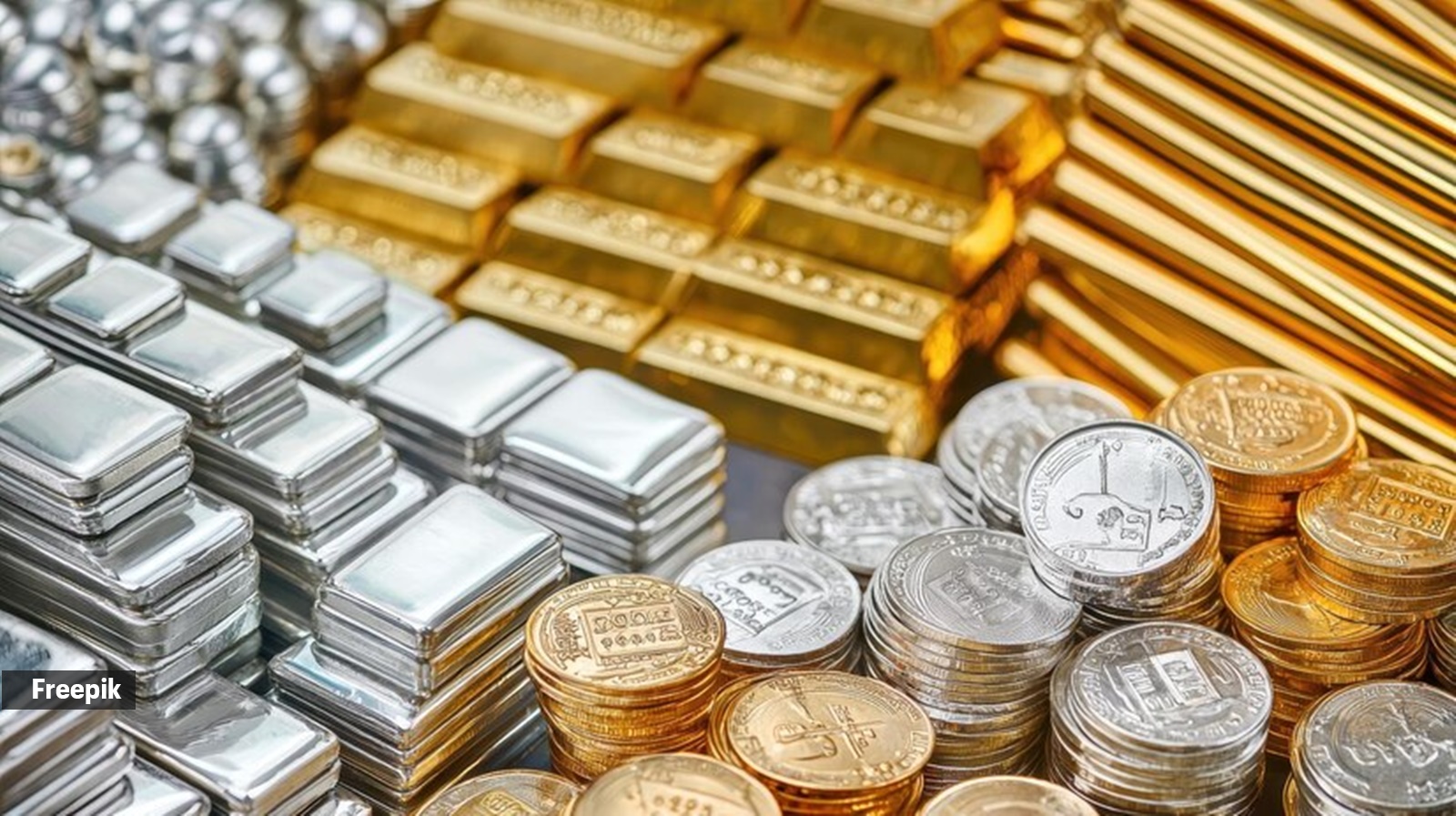 Invest in Gold and Silver in Australia: A Comprehensive Guide
Invest in Gold and Silver in Australia: A Comprehensive Guide The Best Lab-Grown Diamonds in NZ: A Sustainable and Affordable Choice
The Best Lab-Grown Diamonds in NZ: A Sustainable and Affordable Choice Insider Story of Lab Diamonds: Why They’re Better
Insider Story of Lab Diamonds: Why They’re BetterHow to Clean My Ring: An Exhaustive Aide
Lab Diamonds Are the Future: A Shining New Era
Most Viewed
 How Can Electronic Signature Technology Help Your Business?
How Can Electronic Signature Technology Help Your Business? Scooter Covers Help Protect Your Mobility Scooter
Scooter Covers Help Protect Your Mobility Scooter ทำไมนักพนันส่วนใหญ่เลือหใช้บริการ ufabet เว็บพนันออนไลน์
ทำไมนักพนันส่วนใหญ่เลือหใช้บริการ ufabet เว็บพนันออนไลน์ Everything You Need To Know For Passing The TOGAF ®9 Certification Training Test.
Everything You Need To Know For Passing The TOGAF ®9 Certification Training Test. Fax from iPhone: Upgrade Your Communication Instantly
Fax from iPhone: Upgrade Your Communication Instantly Sbxhrl On-site how people can do and what is the Significance
Sbxhrl On-site how people can do and what is the Significance Lab Grown Diamonds: The #1 Choice for Modern Jewelry Enthusiasts
Lab Grown Diamonds: The #1 Choice for Modern Jewelry Enthusiasts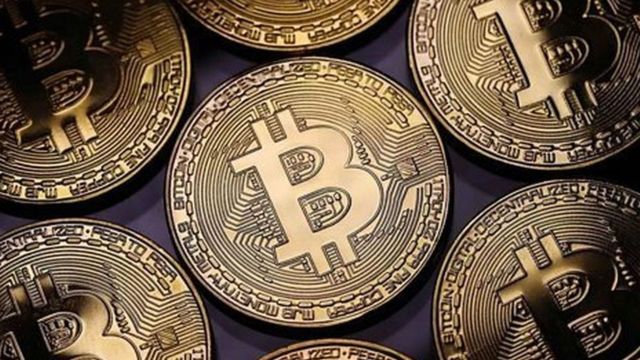 The Relationship Between Oil And Bitcoin Evolution
The Relationship Between Oil And Bitcoin Evolution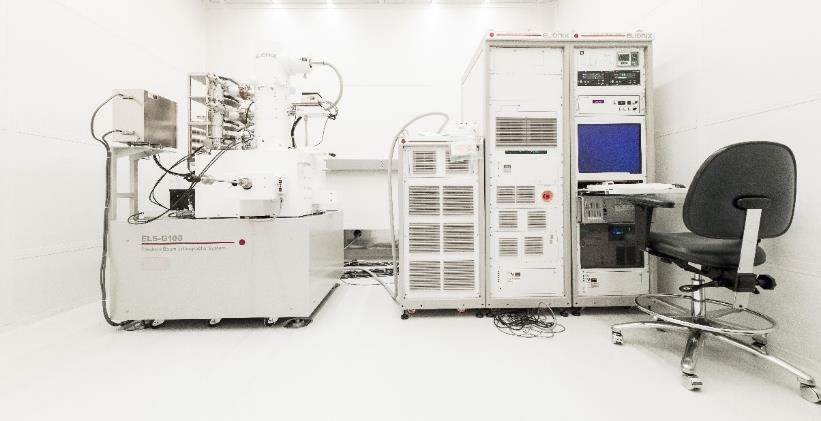 Here’s A Quick Way To Analyze Electron Beam Lithography
Here’s A Quick Way To Analyze Electron Beam Lithography What You Must Know About White Label VoIP Providers
What You Must Know About White Label VoIP Providers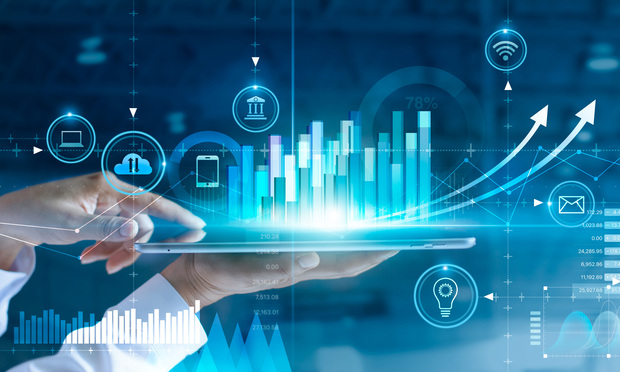 Web Design Tips That Put You On The Path To Success
Web Design Tips That Put You On The Path To Success Optimal Strategies for Boosting Sales in Your eCommerce Business 7 Key Approaches
Optimal Strategies for Boosting Sales in Your eCommerce Business 7 Key Approaches Book 12in M7 Before Purchase Must And Should Think Twice
Book 12in M7 Before Purchase Must And Should Think Twice CBD for Pets: Is it Really Effective?
CBD for Pets: Is it Really Effective?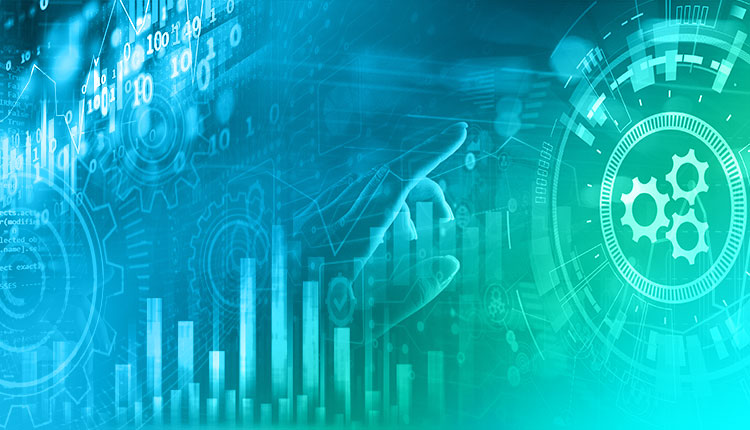 Investing: The Definitive Guide to the Stock Market
Investing: The Definitive Guide to the Stock Market
Latest Posts
 IPTV France Explained: Your Key to French TV on Any Device
IPTV France Explained: Your Key to French TV on Any Device Bridal Jewellery and Lab Diamonds: A Modern Love Story for the Conscious Bride
Bridal Jewellery and Lab Diamonds: A Modern Love Story for the Conscious BrideNovita NZ Lab Diamonds Story: Redefining Luxury with Lab Made Diamonds
 Social Media Marketing for E-Commerce: A Comprehensive Guide to Boosting Your Online Sales
Social Media Marketing for E-Commerce: A Comprehensive Guide to Boosting Your Online Sales How Financial Planning Workshops Can Help You Build a Debt-Free Future
How Financial Planning Workshops Can Help You Build a Debt-Free Future Diamonds and Karma: The Spiritual Connection Between Diamonds and Energy
Diamonds and Karma: The Spiritual Connection Between Diamonds and EnergyDiamonds’ #1 Question: What Makes Them So Valuable?
 Diamonds UK Wholesale: The Future of Sustainable Luxury
Diamonds UK Wholesale: The Future of Sustainable Luxury Man Made Diamonds Pendants: The Perfect Blend of Elegance and Sustainability
Man Made Diamonds Pendants: The Perfect Blend of Elegance and SustainabilityThe Ultimate Guide to Lab Diamonds CVD: A Revolution in Gemstone Industry
 Invest in Gold and Silver in Australia: A Comprehensive Guide
Invest in Gold and Silver in Australia: A Comprehensive Guide The Best Lab-Grown Diamonds in NZ: A Sustainable and Affordable Choice
The Best Lab-Grown Diamonds in NZ: A Sustainable and Affordable Choice Insider Story of Lab Diamonds: Why They’re Better
Insider Story of Lab Diamonds: Why They’re BetterHow to Clean My Ring: An Exhaustive Aide
Lab Diamonds Are the Future: A Shining New Era

Art has been a reflection of the society and culture it is produced in since time immemorial. With the advent of technology, art has also transformed into a diverse array of forms, from digital art to video art. However, Artificial Intelligence (AI) has added a new dimension to art, creating a new genre of AI-generated art. In this article, we will explore the AI art generator, its features, and its impact on the art world.
Introduction
The introduction will provide a brief overview of the AI art generator, defining it and its function.
Definition of AI Art Generator
AI art generators are computer programs that use machine learning algorithms to generate new and unique pieces of art. The algorithms are trained on a vast database of existing art pieces to learn the characteristics of different art styles, allowing them to create new pieces that mimic the styles of famous artists or create completely original pieces.
How Does an AI Art Generator Work?
This section will explain how an AI art generator functions and the technology behind it.
Machine Learning Algorithm
The AI art generator uses a machine learning algorithm to learn the characteristics of different art styles, including colors, shapes, textures, and patterns. The algorithm then applies these characteristics to create a new piece of art.
Training Data
The AI art generator is trained on a large dataset of existing art pieces, which can include everything from paintings to photographs. The dataset allows the algorithm to learn the characteristics of different art styles, enabling it to create new pieces that mimic those styles.

Features of an AI Art Generator
This section will detail the different features of an AI art generator, including the styles it can mimic, the mediums it can create, and the level of customization it offers.
Art Styles
An AI art generator can mimic a wide range of art styles, including Impressionism, Cubism, and Surrealism. The algorithm can learn the characteristics of each style, allowing it to create pieces that are indistinguishable from those of a human artist.
Mediums
An AI art generator can create art in various mediums, including digital art, prints, and even physical sculptures. The medium is chosen based on the desired output and the material available for printing or sculpting.
Customization
The level of customization an AI art generator offers depends on the complexity of the algorithm. Some generators allow for minor adjustments to be made to the output, such as changing the color palette or adjusting the composition, while others offer a higher level of customization, allowing users to create unique pieces that are completely different from existing art styles.
Impact on the Art World
This section will examine the impact of AI art generators on the art world, including its benefits and drawbacks.
Benefits
AI art generators have opened up a new world of possibilities for artists, allowing them to create unique pieces in new styles or combinations of existing styles. It also provides a platform for emerging artists who may not have access to traditional art mediums or the funds to purchase expensive equipment.
Drawbacks
One of the major drawbacks of AI art generators is that they can devalue the role of the artist in the creation of art. The algorithms create pieces that are often indistinguishable from those created by human artists, leading to a debate over the authenticity and value of AI-generated art.
Conclusion
The AI art generator has revolutionized the art world, creating new possibilities for artists and art enthusiasts alike. However, it has also raised important questions about the role of technology in the creative process and the value of art created by algorithms. Despite the debates and controversies, AI-generated art is here to stay and will continue to evolve and transform the art world.
Written by Cheryl Waller
Trending Posts
 How To Improve Your Business’s Website SEO
How To Improve Your Business’s Website SEO 7 Crucial Tactics For Writing A Successful Guest Post
7 Crucial Tactics For Writing A Successful Guest Post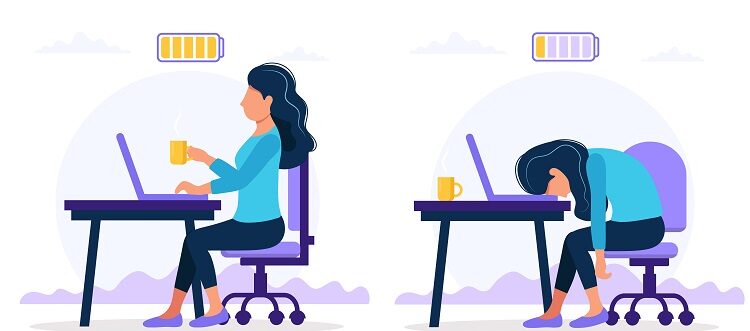 12 Steps To Prioritize Your Mental Health As A Freelancer
12 Steps To Prioritize Your Mental Health As A FreelancerLab Diamonds Are the Future: A Shining New Era
 The Rise of Lab-Grown Diamonds: A Sustainable Choice for the Future
The Rise of Lab-Grown Diamonds: A Sustainable Choice for the Future Important Steps You Should Follow For Database Development
Important Steps You Should Follow For Database Development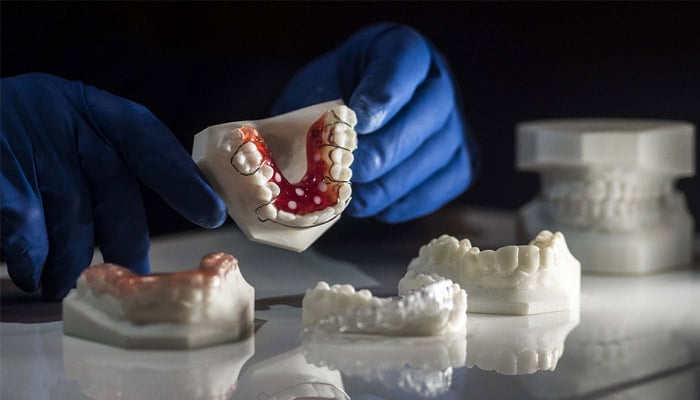 Major Advantages Of Adopting Dental 3d Printing Platform
Major Advantages Of Adopting Dental 3d Printing Platform Man Made Diamonds Melbourne: The Premier Choice for Ethical, Stunning Diamonds
Man Made Diamonds Melbourne: The Premier Choice for Ethical, Stunning Diamonds1560894203174310.jpg) My Laptop’s Battery Dies Fast
My Laptop’s Battery Dies Fast 9004/HB1 LED Headlights
9004/HB1 LED HeadlightsDifferent Casino Games
 Learn How To Start Transit Insurance Policy
Learn How To Start Transit Insurance Policy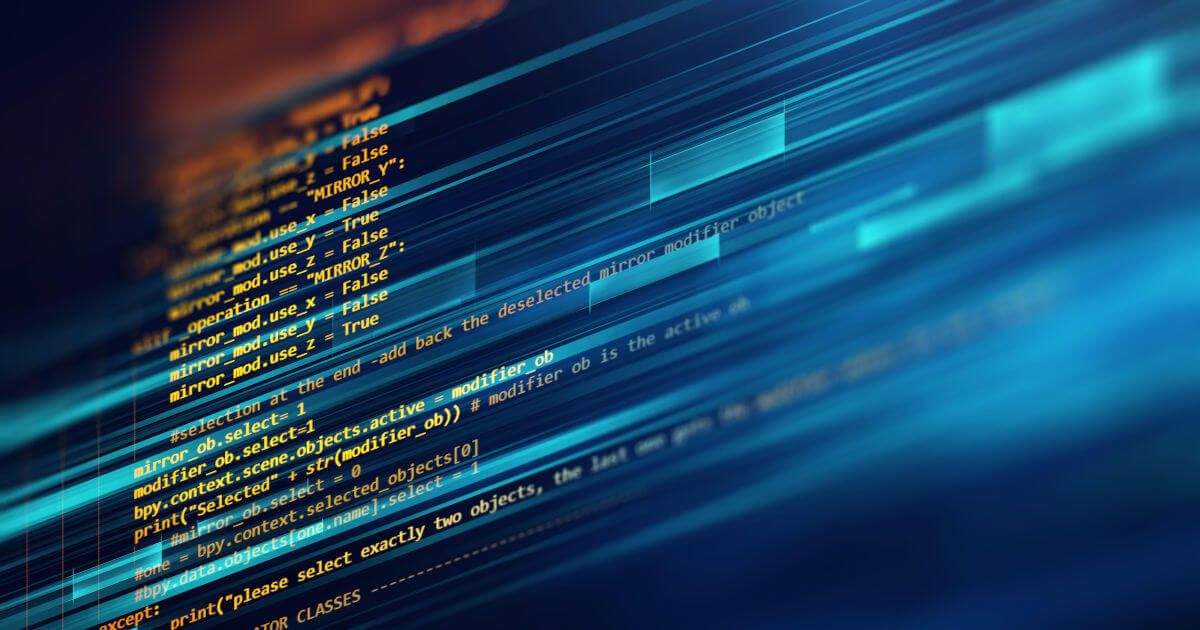 Helping You Better Understand Web Design With These Simple To Follow Tips
Helping You Better Understand Web Design With These Simple To Follow Tips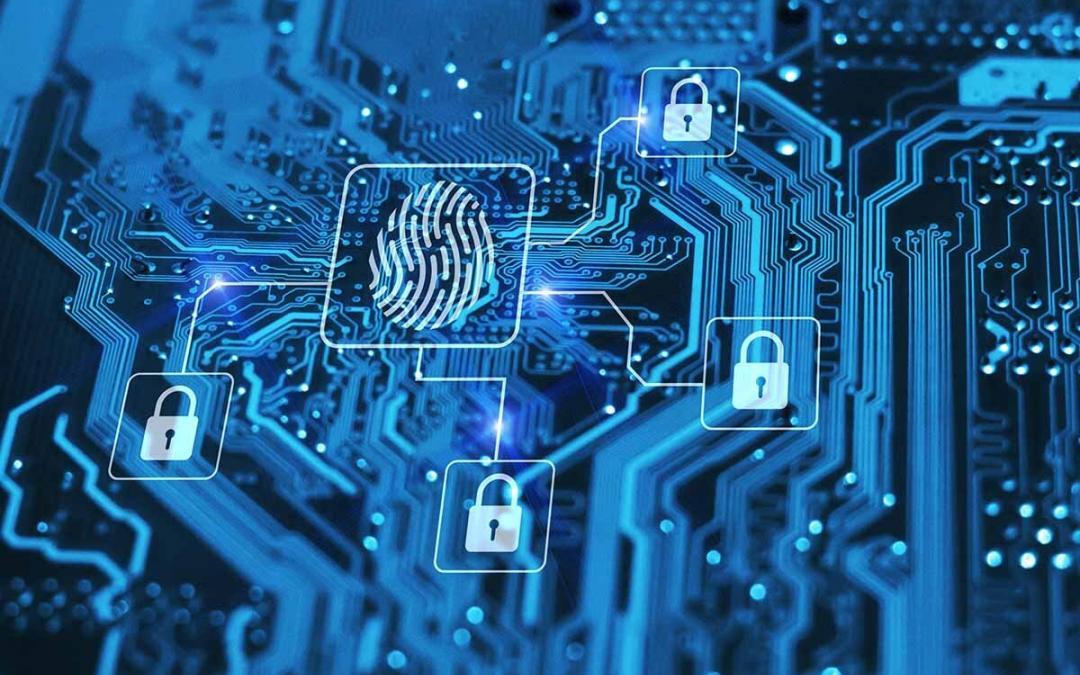 Why Your Business Needs a UTM Solution
Why Your Business Needs a UTM Solution Is Lorraine Chen A Scam Full Scam Reviews of Specter Ecommerce Program
Is Lorraine Chen A Scam Full Scam Reviews of Specter Ecommerce Program
Most Viewed
 Select the Perfect Ring Design for Every Occasion
Select the Perfect Ring Design for Every Occasion Efficient Services To Write a Research Paper as an Expert
Efficient Services To Write a Research Paper as an ExpertWhat is the Meaning of ‘Limited Access’ in Wi-Fi Internet Connectivity?
 Understanding the Differences: CVD vs. HPHT Lab Grown Diamonds
Understanding the Differences: CVD vs. HPHT Lab Grown Diamonds Lorraine Chen Ecommerce Business Coach Review
Lorraine Chen Ecommerce Business Coach Review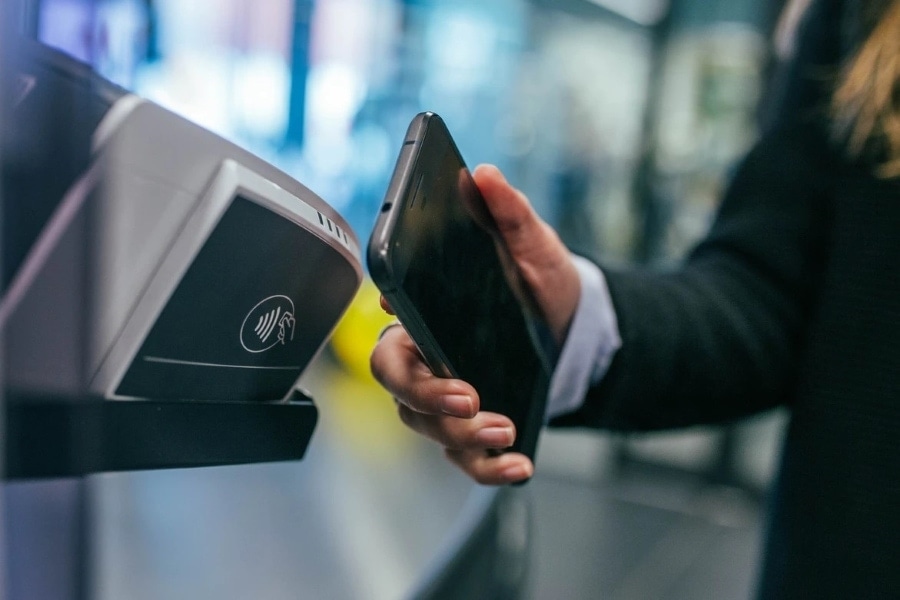 Wired vs. Wireless Internet Service
Wired vs. Wireless Internet Service Structuring Emails with Smart Tips and Techniques
Structuring Emails with Smart Tips and Techniques What Makes Sint Maarten A Great Place To Live
What Makes Sint Maarten A Great Place To Live Web Design Tips That Put You On The Path To Success
Web Design Tips That Put You On The Path To Success GogoPDF: The Ultimate Seamless Document Editing Tool
GogoPDF: The Ultimate Seamless Document Editing Tool What Opportunities Are Available To People With A Disability?
What Opportunities Are Available To People With A Disability? What Is Data Analytics Used For?
What Is Data Analytics Used For?![How to Solved [pii_email_bdf13af903a8f5707fb2] Outlook Error?](https://ratedekho.com/wp-content/uploads/2021/09/0_7OyEdb7ViLGWbvSW-1170x780.jpg) How to Solved [pii_email_bdf13af903a8f5707fb2] Outlook Error?
How to Solved [pii_email_bdf13af903a8f5707fb2] Outlook Error? Benefits Of Using Telescope
Benefits Of Using Telescope Buy Gold Bullion in Melbourne: The Ultimate Guide
Buy Gold Bullion in Melbourne: The Ultimate Guide
Trending Posts
 IPTV France Explained: Your Key to French TV on Any Device
IPTV France Explained: Your Key to French TV on Any Device Bridal Jewellery and Lab Diamonds: A Modern Love Story for the Conscious Bride
Bridal Jewellery and Lab Diamonds: A Modern Love Story for the Conscious BrideNovita NZ Lab Diamonds Story: Redefining Luxury with Lab Made Diamonds
 Social Media Marketing for E-Commerce: A Comprehensive Guide to Boosting Your Online Sales
Social Media Marketing for E-Commerce: A Comprehensive Guide to Boosting Your Online Sales How Financial Planning Workshops Can Help You Build a Debt-Free Future
How Financial Planning Workshops Can Help You Build a Debt-Free Future Diamonds and Karma: The Spiritual Connection Between Diamonds and Energy
Diamonds and Karma: The Spiritual Connection Between Diamonds and EnergyDiamonds’ #1 Question: What Makes Them So Valuable?
 Diamonds UK Wholesale: The Future of Sustainable Luxury
Diamonds UK Wholesale: The Future of Sustainable Luxury Man Made Diamonds Pendants: The Perfect Blend of Elegance and Sustainability
Man Made Diamonds Pendants: The Perfect Blend of Elegance and SustainabilityThe Ultimate Guide to Lab Diamonds CVD: A Revolution in Gemstone Industry
 Invest in Gold and Silver in Australia: A Comprehensive Guide
Invest in Gold and Silver in Australia: A Comprehensive Guide The Best Lab-Grown Diamonds in NZ: A Sustainable and Affordable Choice
The Best Lab-Grown Diamonds in NZ: A Sustainable and Affordable Choice Insider Story of Lab Diamonds: Why They’re Better
Insider Story of Lab Diamonds: Why They’re BetterHow to Clean My Ring: An Exhaustive Aide
Lab Diamonds Are the Future: A Shining New Era
Popular Posts
 IPTV France Explained: Your Key to French TV on Any Device
IPTV France Explained: Your Key to French TV on Any Device Bridal Jewellery and Lab Diamonds: A Modern Love Story for the Conscious Bride
Bridal Jewellery and Lab Diamonds: A Modern Love Story for the Conscious BrideNovita NZ Lab Diamonds Story: Redefining Luxury with Lab Made Diamonds
 Social Media Marketing for E-Commerce: A Comprehensive Guide to Boosting Your Online Sales
Social Media Marketing for E-Commerce: A Comprehensive Guide to Boosting Your Online Sales How Financial Planning Workshops Can Help You Build a Debt-Free Future
How Financial Planning Workshops Can Help You Build a Debt-Free Future Diamonds and Karma: The Spiritual Connection Between Diamonds and Energy
Diamonds and Karma: The Spiritual Connection Between Diamonds and EnergyDiamonds’ #1 Question: What Makes Them So Valuable?
 Diamonds UK Wholesale: The Future of Sustainable Luxury
Diamonds UK Wholesale: The Future of Sustainable Luxury


